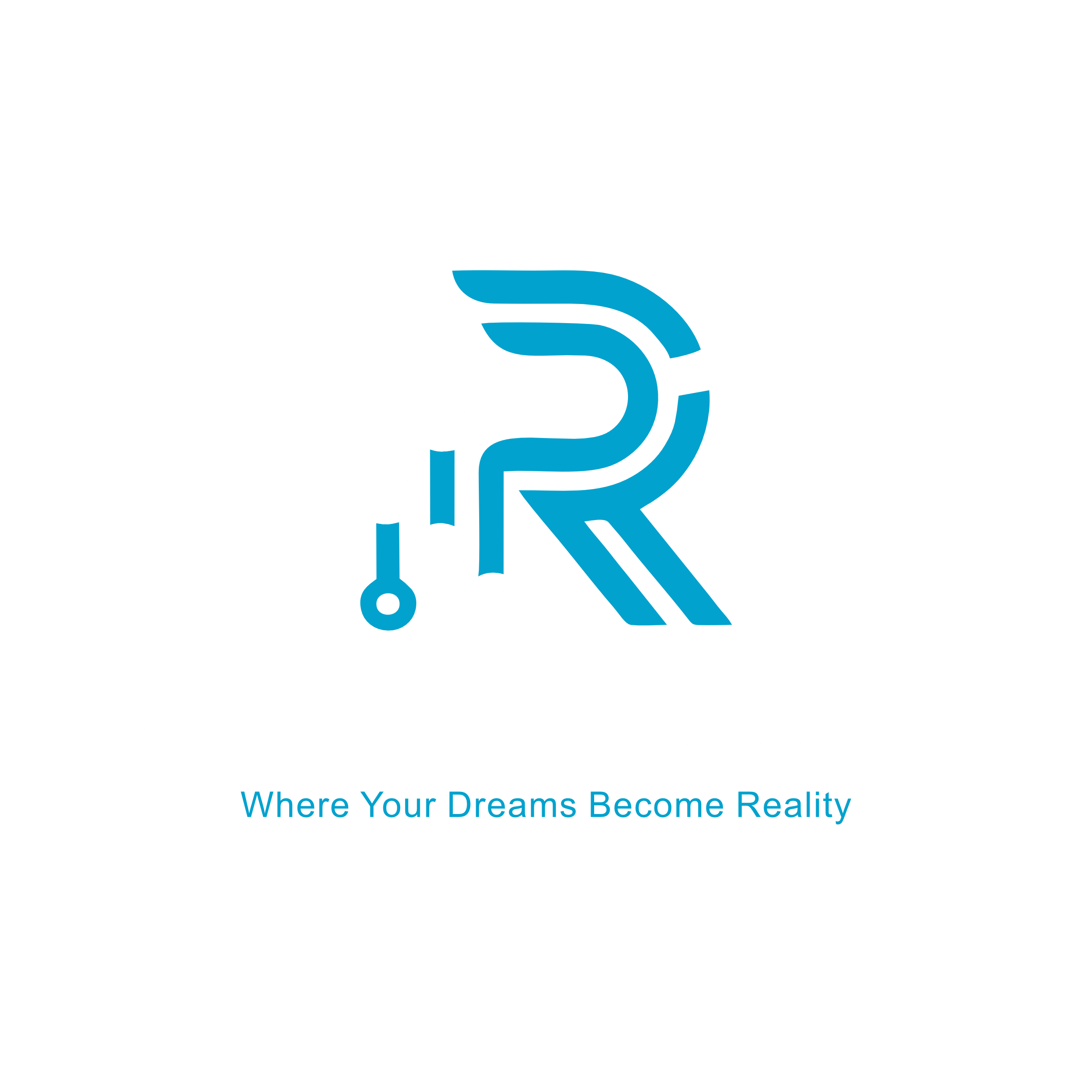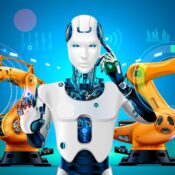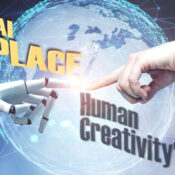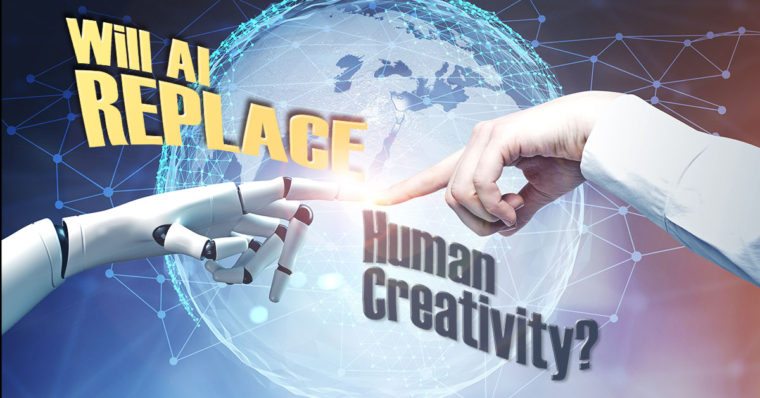
Can AI replace human intelligence and creativity?
AI has made significant strides in recent years and has demonstrated impressive capabilities in tasks traditionally associated with human intelligence, such as language understanding, image recognition, and even generating creative content like music, art, and writing. However, there are important distinctions between AI and human intelligence and creativity.
AI is designed to process large amounts of data and perform specific tasks based on patterns and algorithms. It excels at tasks that involve data analysis, optimization, and pattern recognition. On the other hand, human intelligence is incredibly versatile, capable of abstract thinking, emotional understanding, and complex problem-solving in a wide range of contexts. Human creativity often involves complex, nuanced, and contextually rich interpretations and expressions that can be influenced by personal experiences, emotions, and cultural nuances.
While AI can generate impressive results within predefined parameters, it doesn’t possess true consciousness, subjective experience, or emotions. It doesn’t have personal experiences, beliefs, or the capacity for introspection, which are all integral to human creativity and intelligence.
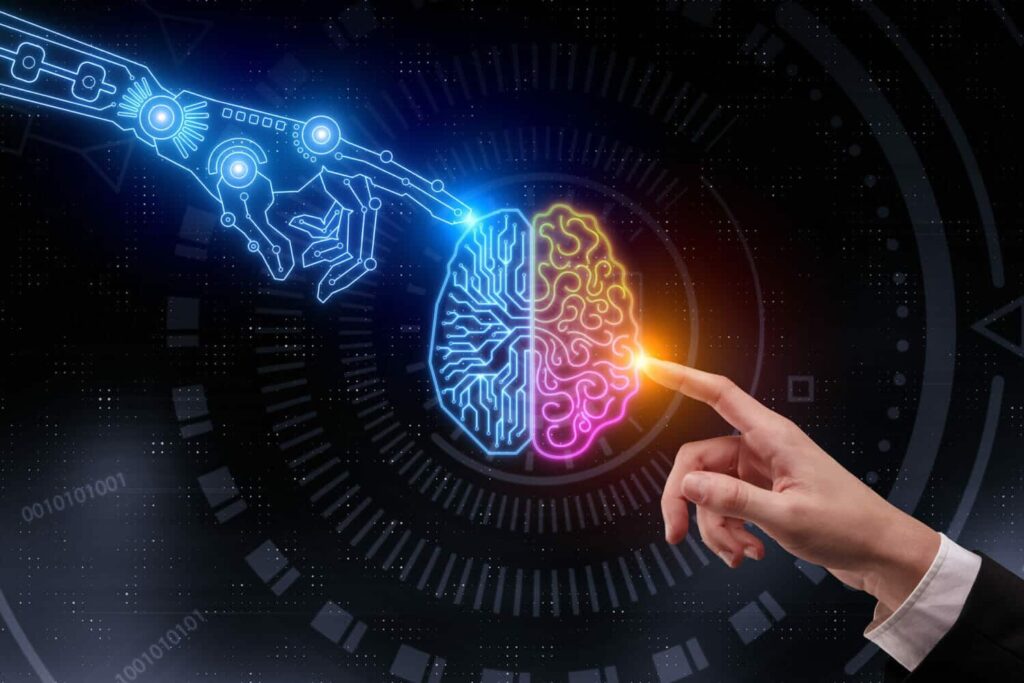
That said, AI can be a powerful tool to augment human capabilities. It can assist in data analysis, automate repetitive tasks, and even generate creative ideas or content under human supervision. The synergy between AI and human intelligence has the potential to lead to remarkable advancements in various fields.
Ultimately, the relationship between AI and human intelligence is one of collaboration and complementarity, rather than one replacing the other. Each has its own strengths and limitations, and when used together effectively, they can achieve outcomes that neither could achieve alone.
